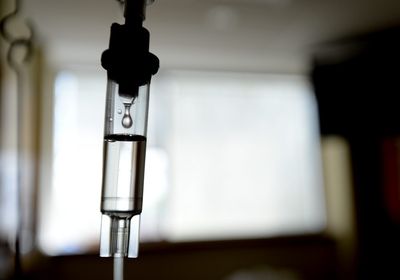From the article in todays Irish Times by Paul Cullen. According to Prof Ray McDermott, Oncologist, “Ireland is the second worst in Europe for access to new cancer drugs”.
The article also quotes Prof John Crown “people who are choosing what health insurance company to join or who are existing members of insurance companies need to be aware that there is a substantial difference in access to modern cancer treatments in favour of VHI compared to the other two companies”.
VHI generally reimburses a new drug within a month or two of it receiving EMA approval but this is not the case with Laya or Irish Life, who await the long drawn out HSE/NCPE approval which takes around 2 years.
Given that 1 in 2 people during their lifetime will receive a cancer diagnose, it may be prudent to consider Prof Crown’s advice.
The article also quotes Prof John Crown “people who are choosing what health insurance company to join or who are existing members of insurance companies need to be aware that there is a substantial difference in access to modern cancer treatments in favour of VHI compared to the other two companies”.
VHI generally reimburses a new drug within a month or two of it receiving EMA approval but this is not the case with Laya or Irish Life, who await the long drawn out HSE/NCPE approval which takes around 2 years.
Given that 1 in 2 people during their lifetime will receive a cancer diagnose, it may be prudent to consider Prof Crown’s advice.
